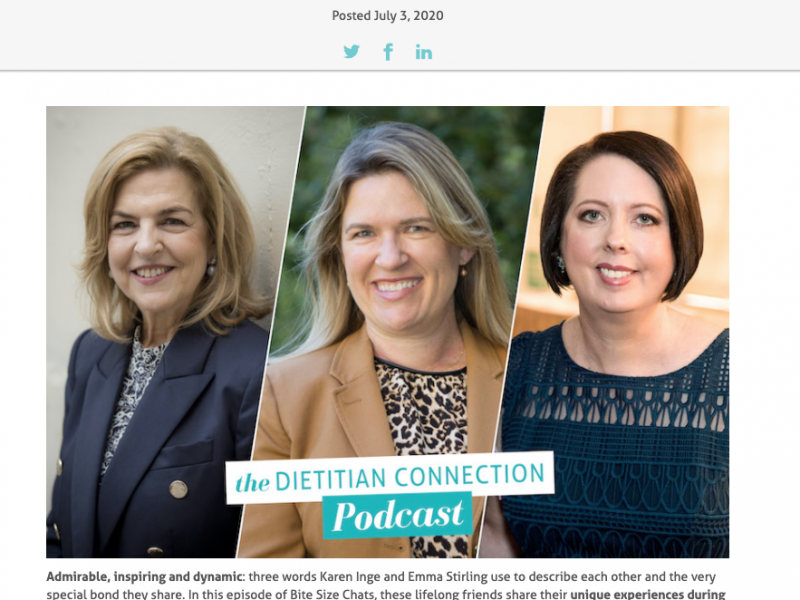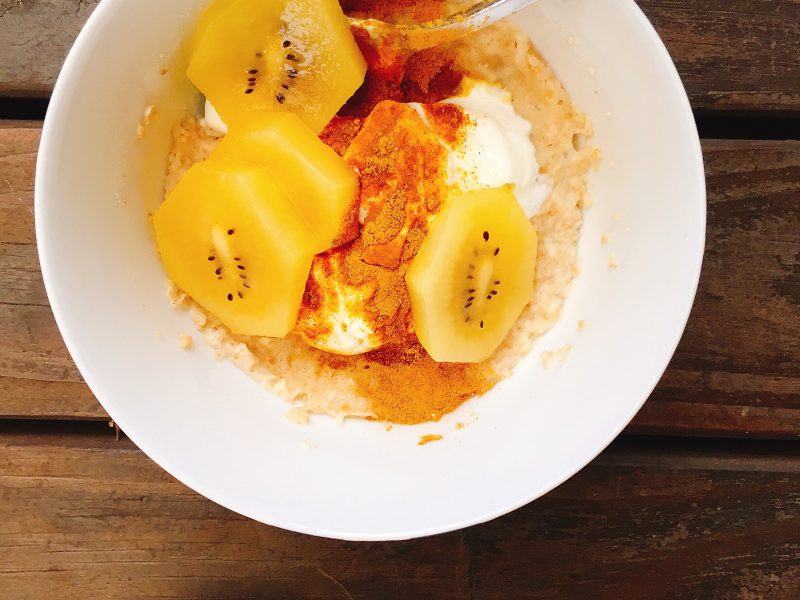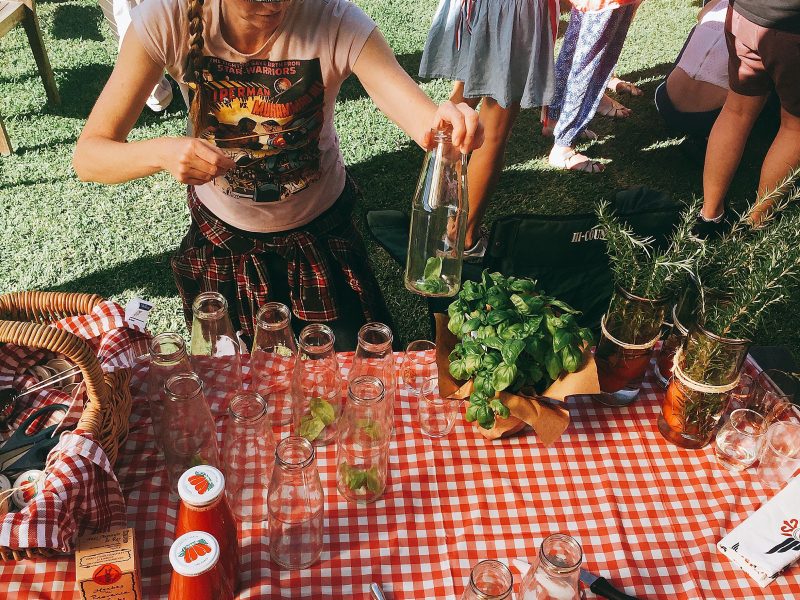As the debate rages on about what is the RIGHT approach to healthy eating. We’re here this week to remind you to be careful seeking the one single answer. There are many RIGHT approaches. What’s RIGHT for you may be different to what’s RIGHT for me. But surely all attempts at nutrition and health are RIGHT? Or good? Well, sorry to say, not always. We asked dietetics student Felicity Curtain to investigate what’s going on in her circles.
About our expert:
Felicity is a passionate, third year student studying Nutrition and Dietetics at La Trobe, in addition to maintaining her popular nutrition blog. Her main interest is in reviewing trending health crazes and ‘debunking’ food myths. Check out her latest post on adding butter instead of milk to your morning coffee! Follow Felicity on twitter @felicitycurtain and Instagram @felicitycurtain.
Photographing one’s food is a divisive phenomenon.
It makes sense, really, that food and social media are so strongly linked, considering that eating is such a social activity.
But somewhere between the acceptance of the hashtag and the rise of the chia seed, social media has become a vessel for fuelling an obsession with healthy living, as evidenced by the 9.5 million posts hashtagged ‘clean eating’ on Instagram.
Being motivated to live a healthy lifestyle is wonderful – as is showcasing delicious #foodporn – but…
Is there danger in being too healthy?
According to American doctor Steven Bratman, there is. Back in 1997, he dubbed it ‘orthorexia’ – an amalgam of the Greek words orthos, meaning straight or correct, and rexia,meaning appetite. He reasons that those exhibiting signs of this disorder show a rigid approach to healthy, ‘clean’ eating, and often-punitive exercise regimes. Although orthorexia is not formally recognised, Eating Disorders Victoria categorise the condition under EDNOS (Eating Disorders Not Otherwise Specified), meaning that it meets the criteria of an eating disorder, but does not amount to either anorexia nervosa or bulimia nervosa.
A difficult aspect of orthorexia is that it appears to be socially acceptable, even “heralded as a great statement of self-control and doing the right thing for your health”, in the words of Amanda Mellowspring, an American dietitian who specialises in eating disorders.
Health or stealth?
The fact is, fanaticism in any form can be unhealthy. Recently, an article in People magazine documented the story of Jordan Younger, known to her 70,000 Instagram followers as The Blonde Vegan, who behind her positive photos was struggling with disordered eating. “I restricted myself from foods – even some that fell under the vegan umbrella – because they were not 100 percent clean or 100 percent raw. I was following thousands of rules in my head that were making me sick,” says the blogger, 23, who has since sought nutrition advice and transitioned her account away from strict veganism, renaming herself ‘The Balanced Blonde’.
The lines are blurred further when celebrities become our source of diet advice or #fitspiration. We are, as the Butterfly Foundation puts it, constantly bombarded with “unrealistic, unobtainable and highly stylised” images through television, print media and the Internet. These images can create a distorted idea of what is necessary for happiness, success and love, and can lead to a sense of obligation to measure up to these unrealistic standards.
Not to mention the neverending stream of fad diets and health trends we’re forever seeing. If we’re not cutting out dairy and grains for good health, we should be eating clay, juice cleansing or swigging apple cider vinegar each morning. There’s no greater recipe for food shame than comparing a ‘goop inspired’ chia seed pudding to your humble vegemite toast!
So what can we do?
Short of signing off from social media altogether, it’s important to realise there is no perfect diet, and being overly restrictive and demonising food groups is neither necessary nor healthy. Food is about enjoyment as well as energy, and indulging every now and then is almost as vital as realising celebs probably didn’t just ‘wake up like this’.
For an insightful list of signs and symptoms of orthorexia, check out this article from NYmag.
Editor’s comment:
Thanks Felicity for this excellent reminder. I’m really careful with my kids, especially my pre-teen daughter, to use positive body image messages and not associate food with guilt or reward. Sure I don’t eat a lot of cake. But I’ll never say “I quit cake” or “I NEVER eat cake”. They are just not words or messages that are realistic or healthy. If you have someone that’s pushed healthy eating too far, make sure they take the checklist above. What do you think lovely readers? Can you be too healthy?



